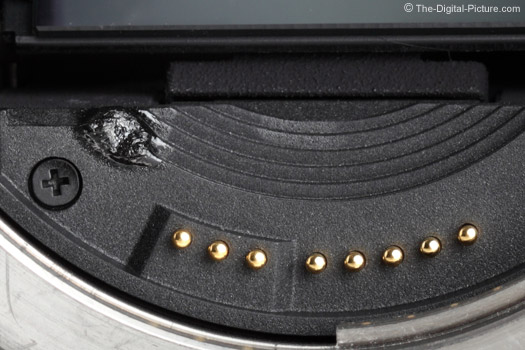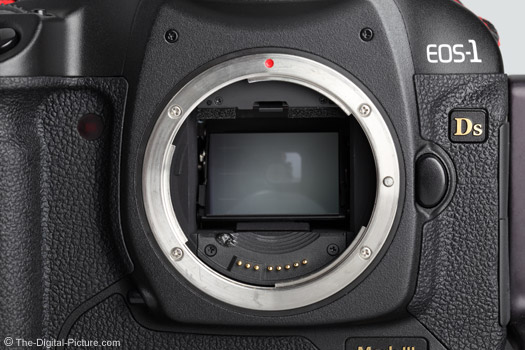In a point and shoot camera, is the sensor exposed even when the camera is off? ie. If the camera is off, can the sun still damage the sensor?
2 Answers
While I may not have seen every point-and-shoot, I have seen and used a huge number. In all those, I have never seen the sensor be exposed while the camera is off. First of all, nearly all such cameras cover the lens when off. At the very least is a must to keep the optics clean.
Even those cameras which do not cover the lens, which are principally underwater cameras with internal optics, there is a shutter which remains closed when the camera is off.
-
\$\begingroup\$ Thanks very much for your reply. (I'm thinking of a Fuji super zoom HS50EXR, so it uses a manual lens cap.) \$\endgroup\$ Commented Aug 15, 2013 at 1:37
-
\$\begingroup\$ The HS50 EXR has a mechanical shutter. It stays closed when powered off. \$\endgroup\$– ItaiCommented Aug 15, 2013 at 1:47
-
1\$\begingroup\$ Even though the camera sensor is protected, the camera should not be left sitting in direct sunlight for long periods of time as the plastic in the body could get very hot and deform. \$\endgroup\$ Commented Aug 15, 2013 at 7:52
There are two major ways that the sun can damage imaging sensors.
By projecting more light energy onto the sensor than the electrical components of the sensor have the capacity to absorb. This causes the electrical components that transfer the signal from the pixel wells to the imaging processor to fail. This is a very real risk when the sensor is energized (turned on either to provide a preview on the LCD or to take a picture) and the camera is pointed at the Sun. Theatrical lasers have also been known to damage a sensor in this way. If the sensor is not energized (e.g. when the camera is turned off or on standby) there is little risk from this type of damage even if direct light from the Sun is being projected onto the sensor by the lens for a short period of time.
By concentrating enough heat energy in conjunction with the lens to actually melt a piece of the sensor. Think starting a fire with a magnifying glass. Just as with the old campfire trick it would take time for the heat to build up to the point things start melting. It also takes a fairly high degree of magnification, but it is possible.
The shorter the focal length and the narrower the aperture, the more time it would take for enough heat to build up. Most compact digital cameras tend to have shorter focal lengths and narrower apertures, so it would probably take far longer than the minute or so it did with the huge 600mm f/4 lens in the link. Compacts also tend to park the lens at the widest focal length when idle or even recess the lens into the camera body.
Since most compact digital cameras either place a barrier over the lens or have a mechanical shutter that is closed and the sensor is not even energized when the camera is powered down, there is not much risk of the Sun damaging the sensor directly. Leaving the camera in a position for the external body to absorb heat from the Sun over an extended period would be more of a practical concern.
-
\$\begingroup\$ I haven't heard about actual electrical damage caused by too many photoelectrons (my interpretation of the first item). Is there some place I can read more about that? I'm asking here because it may be too technical to ask as a separate question. Thanks! \$\endgroup\$– uhohCommented Feb 15, 2017 at 0:33
-
\$\begingroup\$ All electrical circuits have a maximum capacity. This includes semiconductor circuits. If more electrical current is applied to a circuit than it can handle the result is converted to excess heat. If enough heat is present then things start to melt or otherwise sustain damage. This is also true of light as it strikes the surface of a sensor. Some of that light is not absorbed or reflected by the sensor and is converted to heat. \$\endgroup\$ Commented Feb 15, 2017 at 21:20
-
\$\begingroup\$ There have been separate questions regarding such damage: Will a laser beam damage a non operational CCD? Nikon D5100 half bright-half dark image with horizontal thin black line How to fix an image sensor damaged by long sun exposures? \$\endgroup\$ Commented Feb 15, 2017 at 21:43
-
\$\begingroup\$ Can the sun damage the camera sensor? Under what conditions? and Can a camera or lens get burn in? \$\endgroup\$ Commented Feb 15, 2017 at 22:39



